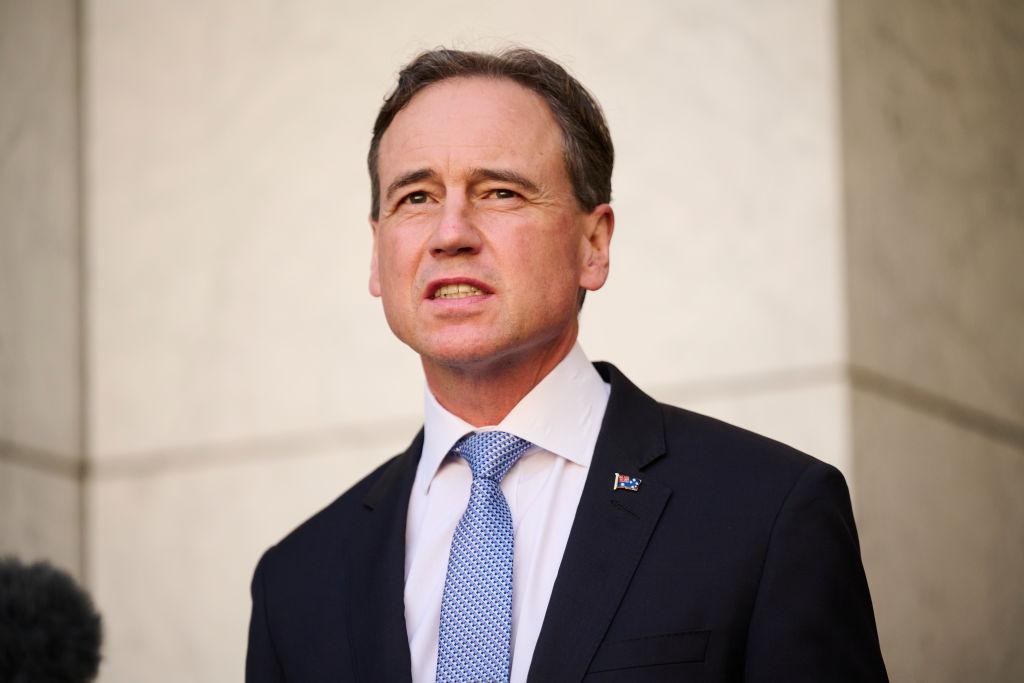The Australian government has suspended flights from nine African countries as a precautionary measure against the emergence of the Omicron variant of the CCP (Chinese Communist Party) virus, which causes the COVID-19 disease.
The nine countries of concern include South Africa, Namibia, Zimbabwe, Botswana, Lesotho, Eswatini, Seychelles, Malawi, and Mozambique.





